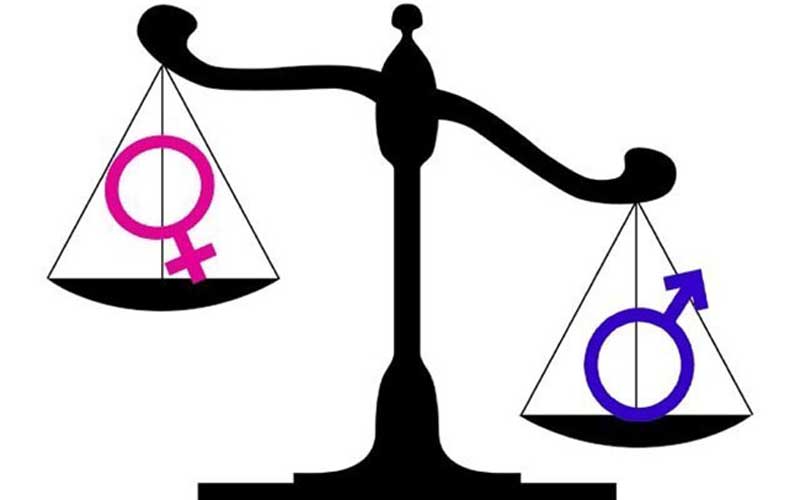×
The Standard e-Paper
Stay Informed, Even Offline

Our story on women is depressing. Consider this. Femicide, or the killing of women due to their gender, is on the rise in Kenya. The global trend is the opposite - femicide is declining in most countries.